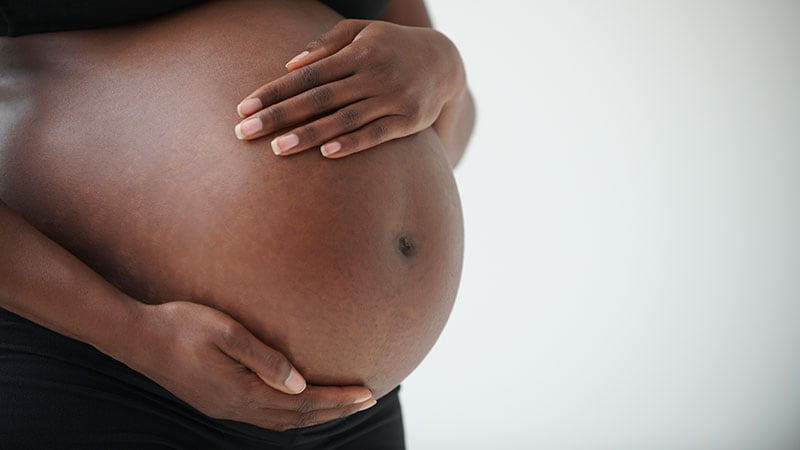Women who have drunk any alcohol during their pregnancy could have that information recorded in their child's health records after birth under proposals set out by the National Institute for Health and Care Excellence (NICE).
The plan is contained in a consultation document on updated guidance for foetal alcohol spectrum disorder (FASD). The consultation concludes this Friday.
However, a group of charities have warned that transferring the information about alcohol consumption without a woman’s consent would be a "staggering" infringement on her data privacy.
The British Pregnancy Advisory Service (BPAS) said the proposals were likely to breach the EU’s general data protection regulations and the Data Protection Act 2018, which require a legal basis to collect and transfer private information.
NICE believes that accurate recording of a mother's alcohol intake is needed as part of a range of measures to improve prevention and treatment of FASD.
It said that while surveys suggested that most healthcare professionals ask pregnant women about their alcohol consumption, all pregnant and postpartum women should be screened for alcohol use with validated measurement tools, and the information recorded in their child's records.
'A Breach of Women's Rights'
BPAS said the proposals were based on the premise that any alcohol in pregnancy can cause FASD, but that this had no basis in evidence. It said there was no compelling research showing harm at lower levels of consumption, and no lawful justification for breaching women's rights to medical confidentiality in the way set out in the consultation.
Clare Murphy of BPAS said: "Women do not lose their right to medical confidentiality simply because they are pregnant.
"Most women report drinking very little alcohol in pregnancy if any at all – even if they may have drunk before a positive pregnancy test. The risk of harm from this is likely to be low, and certainly does not warrant this staggering level of interference in a woman's privacy."
'Serious Concerns'
Charities warned that the plan could have the opposite effect to that intended by discouraging pregnant women from having frank and confidential discussions with midwives about alcohol consumption.
Rebecca Brione of Birthrights, a charity that promotes human rights in maternity care, commented: "We have serious concerns about NICE's failure to recognise the need for informed consent to screening and transfer of information to the child's health record. It is unacceptable to propose such measures without any assessment of the impact on women and pregnant people, and their relationships with healthcare providers."
Pam Lowe, senior lecturer in sociology at Aston University, said: "The General Medical Council guidance on confidentiality recognises that there are issues for disclosure when genetic or other information can affect people other than the patient. They suggest that there can be incidences where the sharing of information might be justified without informed consent if failure to disclose places others 'at risk of death or serious harm'. This position was recently upheld in law, where the withholding of a diagnosis of Huntington's Disease from other family members was seen as justified.
"Although FASD can have serious neurodevelopmental effects, the shared information makes no difference to the level of harm. Consequently, alcohol consumption during pregnancy does not meet the public interest threshold of harm."
A spokesperson for the Royal College of Obstetricians and Gynaecologists said: "The RCOG shares some of the concerns raised by these charities – including the definition of prenatal alcohol exposure and the proposal to transfer information from a woman's health record to that of her child – and we will be responding to the consultation in due course.
“We look forward to the outcome of this consultation and to NICE reviewing their recommendations and the equality impact of this draft quality standard accordingly."
A NICE spokesperson said: "The draft quality standard on foetal alcohol spectrum disorder is based on guidance published in Scotland last year and in use elsewhere in the world, and takes into account the recommendations made by the Chief Medical Officer on alcohol use during pregnancy.
"The feedback we receive from external organisations and members of the public during this consultation period will help us better understand what works, and what doesn't, for practice in England.
"Stakeholders who wish to participate in the consultation are able to do so until 18 September 2020."



